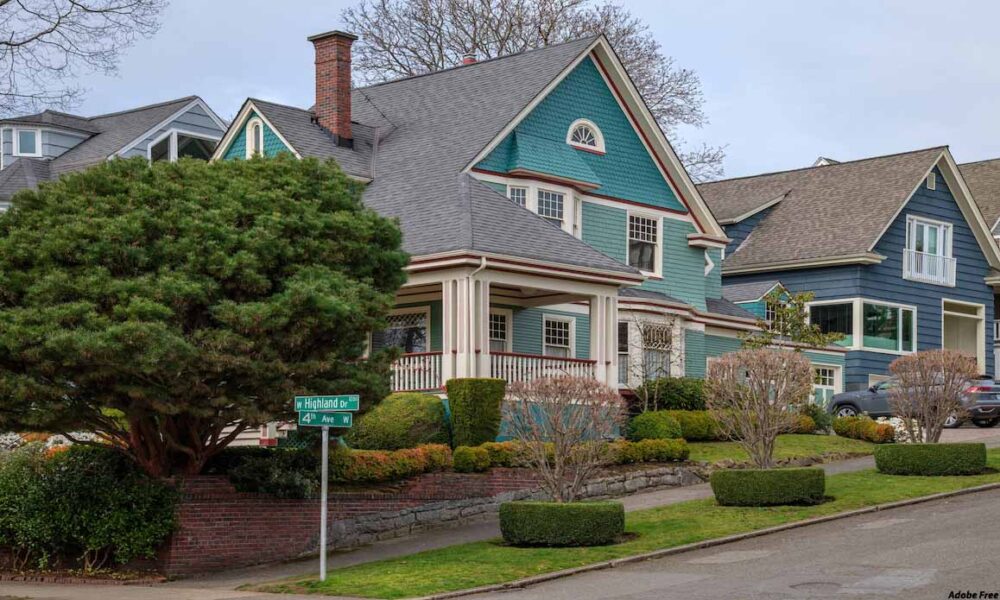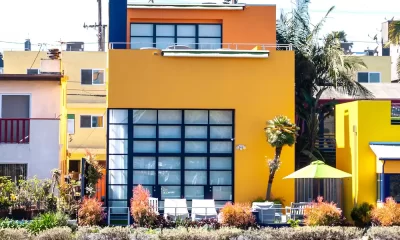Investment
Should You Start Investing in Rental Real Estate?

In thinking about the future, you are probably thinking hard about financial security for you and your family. You may have thought about how you can achieve that by making your savings work harder for you. One strategy is investing in real estate where your deposit is leveraged with a mortgage and over time your rental property increases in value. In addition to the growing equity in your asset, you have the rental property income that pays for expenses like the mortgage repayments and rates and maintenance.
However, you may not have yet decided whether real estate investing is right for you. What you can use as a gauge for growth is year on year over ten years your property will probably increase between 5.16% (considered the national average and 10% for high-growth areas). It’s easy to get your hands on historical data that supports real estate is a stable growth asset class.
Some of the questions you will need to answer so you’re in a good position to decide if real estate investing is right for you include:
- What’s your budget?
- Do you have a deposit?
- How much can you borrow?
- What location?
- What type of property?
Budget
Working out what type of property you can afford is the starting point. Do some preliminary research online on properties for sale in the areas that are close to you. Visit online discussion forums like PropertyTalk forums, ask questions, and read discussions on investing in real estate. Ideally, you have your own home, so you know the basics of funding a home purchase.
The good news with a rental property is it generates an income, and up to 50% of it can be used for your mortgage serviceability. Plus, lenders may also use your own income too as a guide on how much money they are willing to lend for the rental property purchase. Once you know how much a lender is willing to give to you for a rental property purchase, plus your contribution – the down payment, you have your budget. For example, say you can borrow $300,000 and have equity in your current home of $100,000. Your budget for a rental property is $400,000.
Down Payment
Ideally, you’ve got access to savings, or you can leverage off the equity in your own home for the deposit. If you use your existing lender for your rental property mortgage, the equity in your home can be used in part or full as the down payment for your rental property.
If you don’t have the deposit or down payment you need for the type of rental property you want, you can get started on saving for it in the right location. Take a second job or start a side hustle to increase your income so you can save more and shorten the time needed to reach your target savings goal.
Choosing to invest in real estate is not achievable overnight. You need to prepare for it and educate yourself on how to get the best outcome from owning an investment property. Include learning about the various types of home loans, their fees and terms.
Your credit score will also be a factor in getting another loan. Plus to ensure you keep your credit score high, don’t borrow what you can not afford. If your tenants leave and your rental property is vacant for some time, you still need to pay the outgoings, including the mortgage repayments and rates. Avoid borrowing the ceiling amount of what a lender is prepared to provide. Seek financial advice from an expert before choosing to borrow or commit to accepting loans.
Ongoing Expenses
Real estate investment costs include the loan, maintenance, management fees, body corporate fees, and so on.
A common mistake beginner investors make is assuming that their rental income will cover miscellaneous costs and still give them a profit. Work out the numbers for serviceability and be conservative with vacancy rates e.g. choose 48 weeks not 52 weeks per year. Avoid spending any surplus rental income. Keep it for unexpected expenses like a burst pipe or interest rate rises.
New Verus Old
When you’re starting out as a property investor it can also help to invest in a low-maintenance property that has fewer outgoings. Newer homes and apartments can cost more than older properties. However, just like a new versus an old vehicle. The new vehicle costs more but there are fewer ongoing expenses for a few years. If you get an older property make sure you get regular building inspections and keep it will maintain to put off costly replacements.
Final Thoughts
There is a lot to know about investing in rental real estate to avoid costly mistakes. Do your research, and join in discussions in forums with seasoned investors who know the answers to your questions. Keep reading our property talk blog for more helpful real estate investing information.






